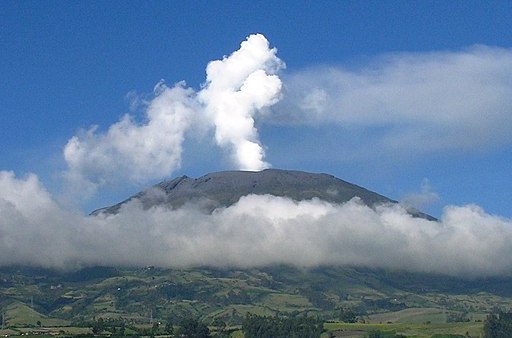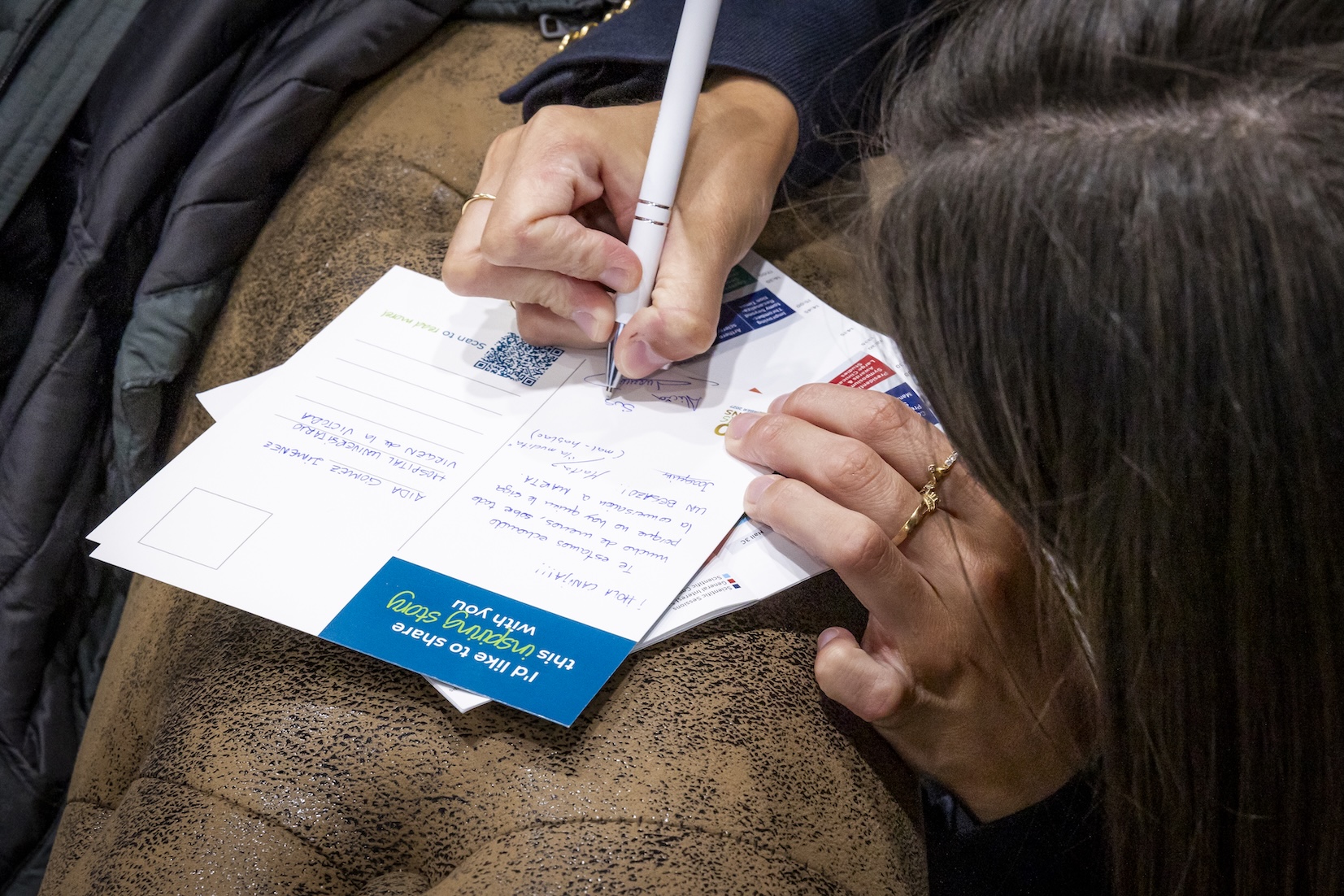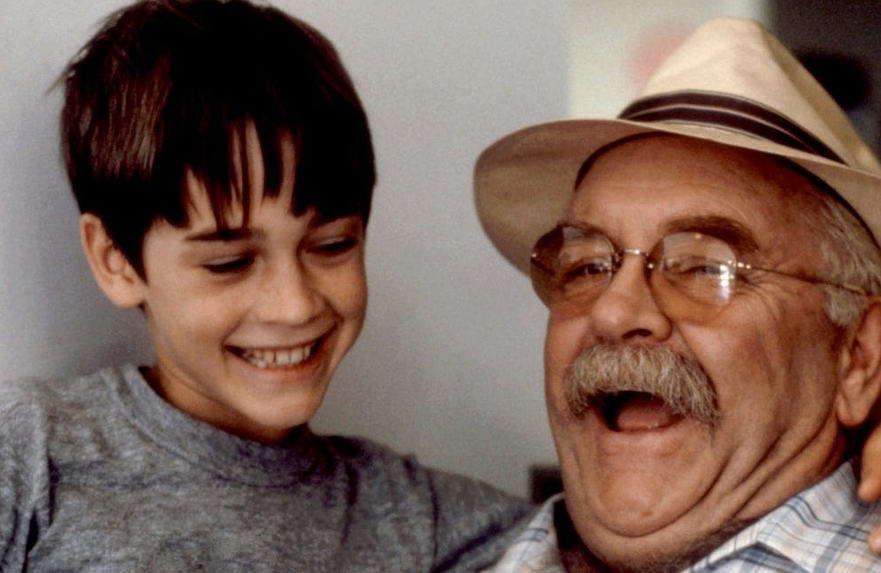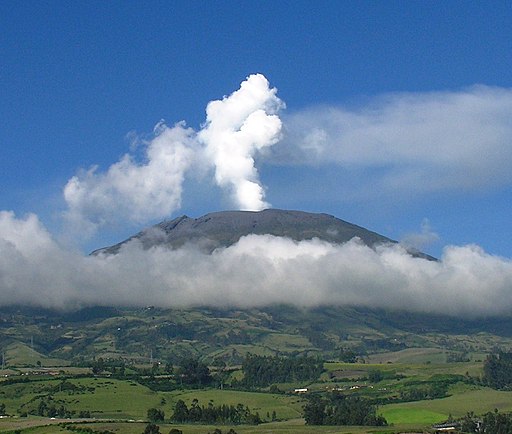
Nariño in southwestern Colombia is a place of austere but majestic beauty. Most of its 1,6 million inhabitants live in the volcanic Andean highlands more than 1,500 metres above sea level and those on the densely settled Túquerres-Ipiales high plateau on the Ecuadorian border are separated from the departmental capital Pasto by the Guáitara River.
Pasto itself lies on the flanks of the Galeras Volcano, which not for nothing is known as the Sleeping Lion. The most active volcano in Colombia, this lion is by all accounts a light sleeper.
Pasto is hard to reach by either road or air, which makes the provision of healthcare to its population difficult. As a result, the belief that “everything is too far away” is deeply rooted in this community. Interventions to shorten the time it takes for stroke patients to access acute treatment are typically met with what can appear to be well-founded pessimism.
Debunking the view that help is only available at the end of a long journey – and therefore for many not available at all – was the incentive for a partnership between hospitals in Pasto and the Angels team in Colombia to find new alternatives to improve stroke care in the area. Late in 2021, this partnership began to implement a new way of working you might call a telemedicine network with a twist.
“Telemedicine” because it facilitates the remote diagnosis and treatment of patients by means of telecommunications technology.
“Network” because it connects regional hospitals with the nearest advanced centre with beds and thrombolytics available to provide optimal stroke care.
The twist was that the plan would make use of an existing network and would therefore need no investment to get off the ground. It was a solution that seemed both completely unorthodox and at the same time so obvious that it was right at their fingertips. The Pasto stroke network would essentially be a chat group on the same instant messaging platform where millions of people were already sharing pictures and staying in touch.
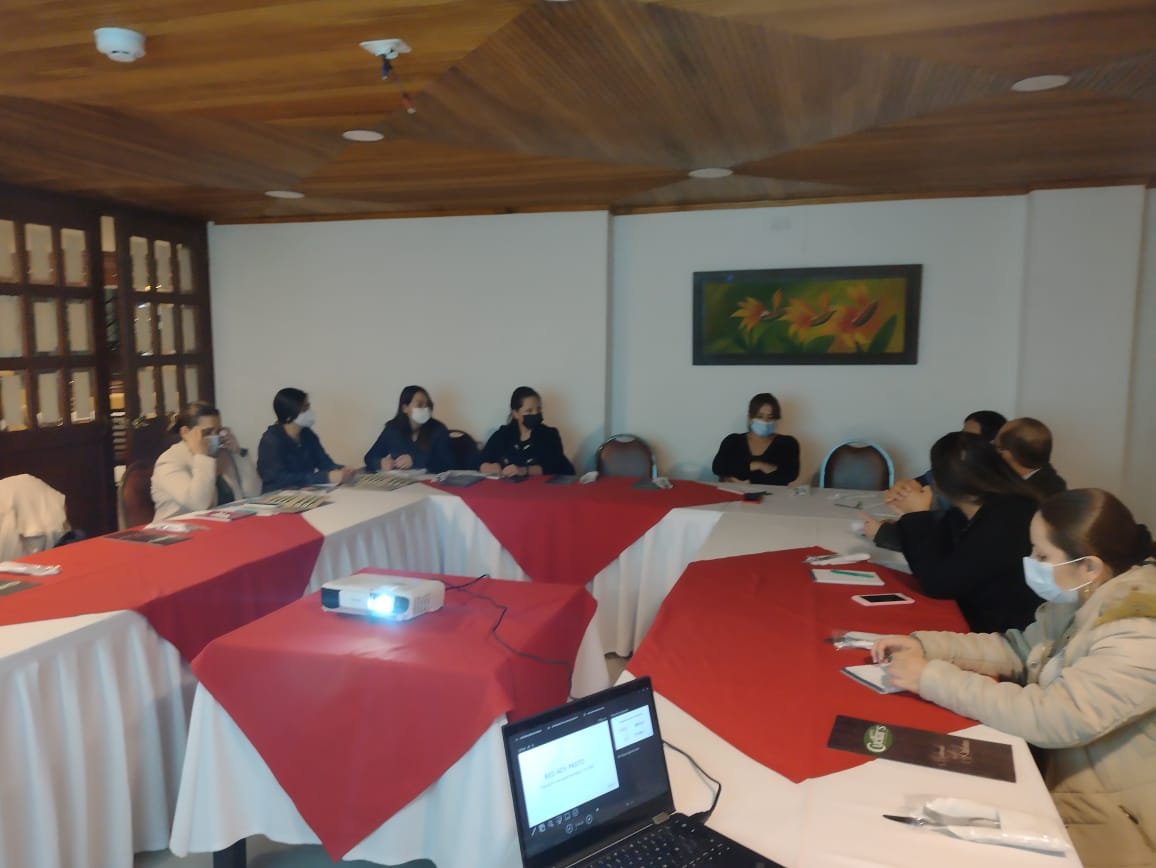
The Pasto Stroke WhatsApp Group was created after a meeting on 16 November 2021 that was attended by hospitals including the Nariño Departmental Hospital, San Pedro Hospital Foundation and the Hispanic America Clinic, and representatives of prehospital care which in Colombia is coordinated by the Centro de Regulación de Urgencias y Emergencias (CRUE). Information was shared about the impact of stroke on the region and the fact that, despite having stroke-ready centres equipped to treat stroke as well as highly skilled interdisciplinary teams, distances from the capital along with administrative barriers meant patients were arriving too late to benefit from treatment.
The meeting approved the creation of a WhatsApp group that would involve hospitals in Pasto as well as those municipal hospitals previously excluded from the system because they were “too far away”. Using this tool, municipal hospitals could communicate with stroke specialists from other hospitals, receive help with diagnosis and treatment through videoconferencing consultations, and locate the nearest advanced care centre. If the required intervention wasn’t available at the hospital that had received the patient, a code would be activated to speed up the transfer to one that could provide the necessary care.
When it came to communicating with CRUE, WhatsApp’s live location sharing function would turn out to be a game-changer, enabling more precise instructions for ambulances, more efficient communication and a much more streamlined flow between hospitals in the network.
The Pasto Stroke WhatsApp Group went live in December 2021 and its first stroke code was activated on 28 December, enabling the rapid transfer and treatment of a patient who might otherwise have become a casualty of distance and rugged terrain.
The environment remains challenging, but patients that would previously have had to wait days to be referred are now transferred within 24 hours and many more reach help in under 4,5 hours. In another important development, the region’s first dedicated stroke unit is under construction at the Nariño Departmental Hospital.
And here and there on the volcanic Andean highlands, the idea that “everything is too far away” is slowly being replaced by a sense that, when people work together, perhaps nothing is truly impassable – or impossible.
